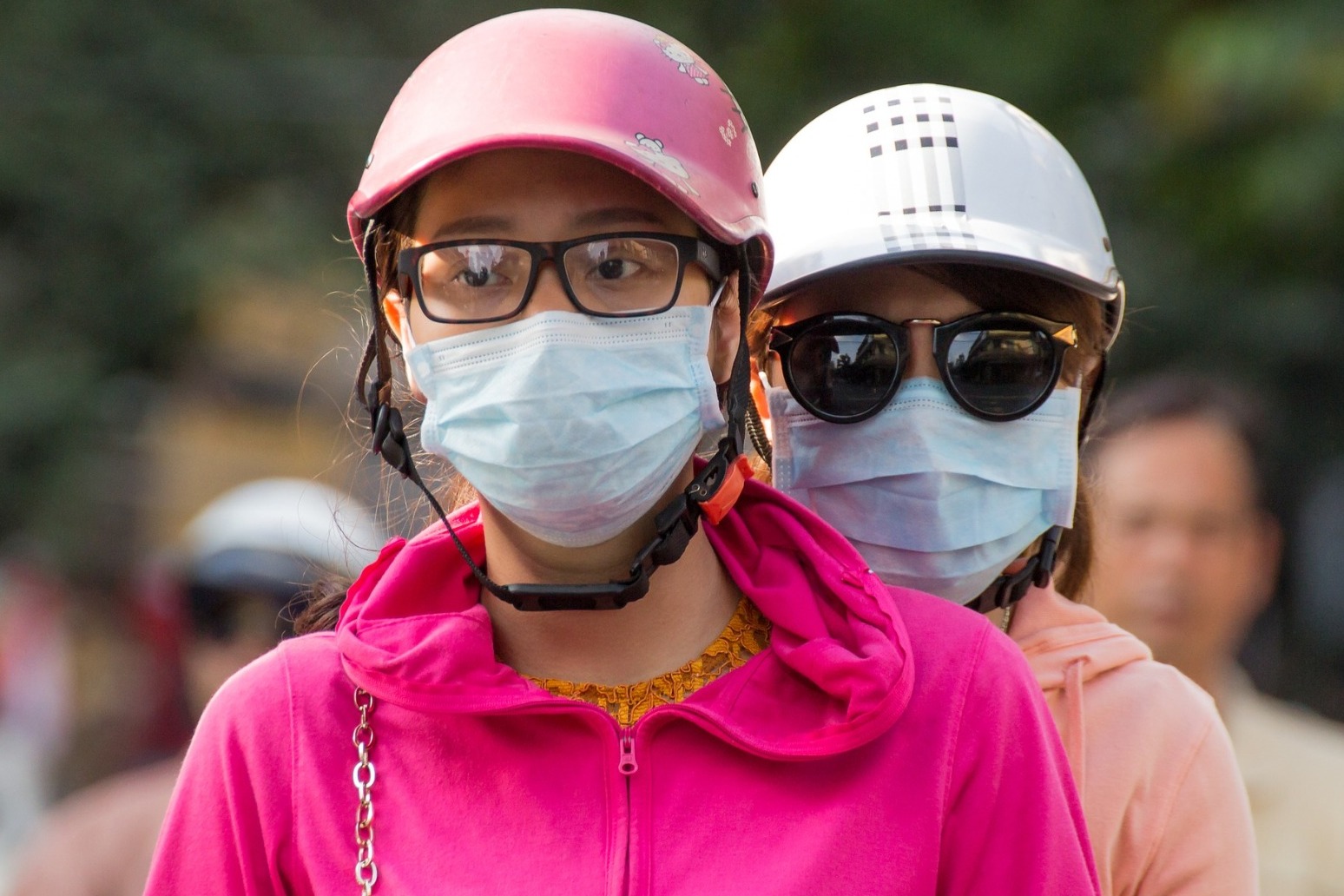
Anxiety rises as China seeks to control coronavirus outbreak
A coronavirus outbreak which has killed nine could mutate and spread further, authorities in China have warned.
The number of cases of the virus has risen to 440 with many countries bringing in screening processes amid concern of a global epidemic.
Deputy Director of the National Health Commission Li Bin told reporters all the deaths had been in Hubei province, where the first illnesses from the new coronavirus were reported in December.
Mr Li said Japan and South Korea had confirmed one case each and Thailand three.
The US and Taiwan also have reported one case each.
"There has already been human-to-human transmission and infection of medical workers," Mr Li said.
"Evidence has shown that the disease has been transmitted through the respiratory tract and there is the possibility of viral mutation."
Authorities are particularly concerned about travellers arriving from Wuhan, the central eastern city where the virus appears to have originated.
In China, face masks sold out and officials at airports and train stations checked passengers for fevers as the country sought to control the outbreak.
Guards at Wuhan's airport pointed electronic thermometers at travellers.
Anxiety grew at home and abroad after Chinese government expert Zhong Nanshan confirmed fears on state television late on Monday that the new type of coronavirus can spread from human to human.
The US on Tuesday reported its first case, saying a Washington state resident who returned last week from the outbreak's epicentre was taken to hospital near Seattle.
The stock prices of some companies that sell masks rose on Tuesday, but markets fell in much of Asia as investors worried about the potential impact on tourism and the economy.
Several online retailers were sold out of masks, which were being sold for more than 10 times their original price.
Users of the popular Weibo social media platform urged others to wash their hands and stay home.
Outside the Wuhan Medical Treatment Centre, where many of the coronavirus patients are receiving care, several workers were dressed in full-body biohazard suits, supplemented by goggles, masks and plastic wrapped around their shoes.
While many wore masks in Wuhan, streets were far from deserted and people appeared to be carrying on with their regular activities.
"I'm not that worried," said Helen Cao, a Wuhan resident who was shopping on an avenue lined with stores and full of pedestrians.
Like many in the city, she began wearing a mask after hearing Mr Zhong's assessment of human-to-human transmission.
"Maybe people from other places are more concerned about our health, but (Wuhan) locals actually are continuing to eat, go out and take strolls, go clubbing at night," Ms Cao said. "Everything's very normal, everyone's just wearing masks, nothing more."
Initial symptoms of the new coronavirus include fever, cough, tightness of the chest and shortness of breath.
The first cases late last month were connected to a seafood market, and transmission was thought to be occurring from animals to humans.
Authorities previously had not confirmed human-to-human transmission.
In addition to 258 cases in Wuhan, more than 20 have been diagnosed in Beijing, Shanghai, Guangdong province in the south and Zhejiang in the east.
Published: by Radio NewsHub